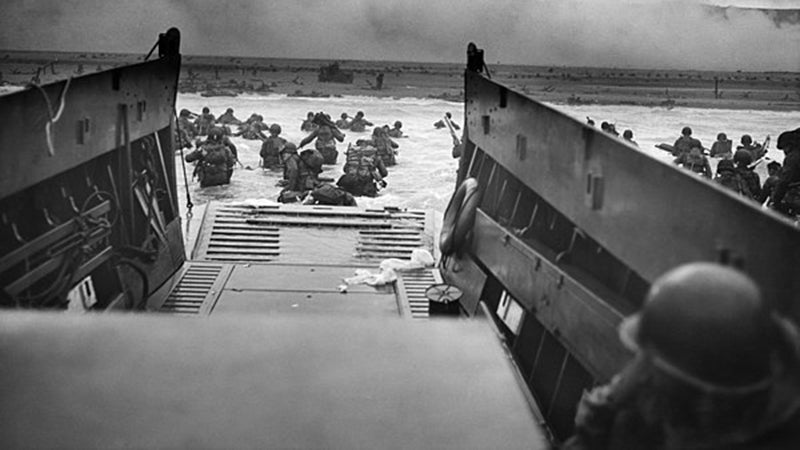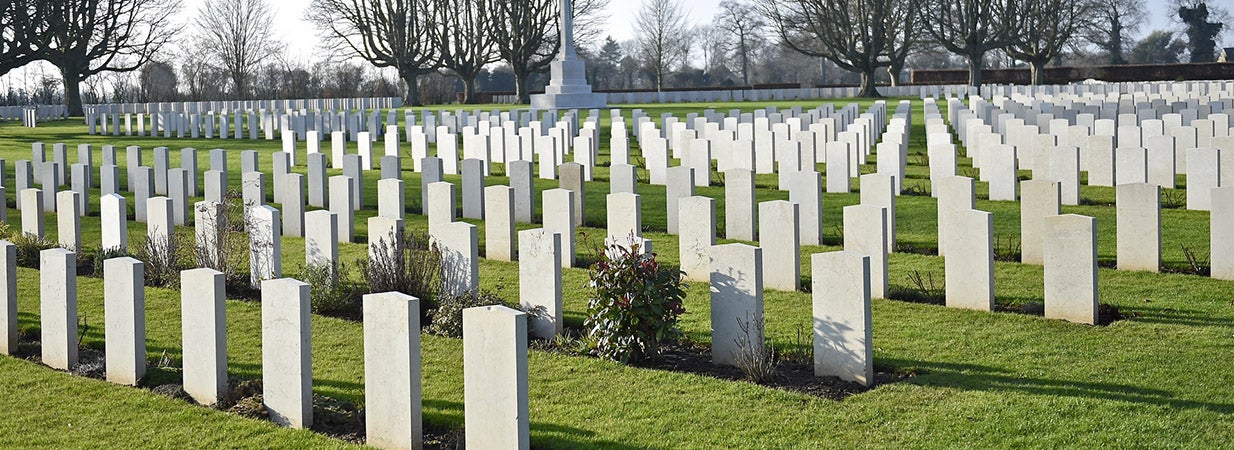D-Day 78 Years Ago: The Beginning of the End
Published 1:00 pm Friday, June 10, 2022

- Landing craft disembarking troops of the U.S. Army, 1st Infantry Division at Omaha Beach on June 6, 1944. [Photo: Chief Photographers Mate Robert F. Sargent]
|
Getting your Trinity Audio player ready...
|
Our younger generation has not been taught what a momentous day that was, June 6, 1944. The United States had been at war for about three and a half years and Europe had been at war since September 1939. To say that the world was weary of war doesn’t begin to describe the plague that Nazism had brought upon Europe. The successful Allied invasion of Normandy would give the Allies a needed toe-hold to drive the Nazis back to Germany and to their ultimate defeat.
It has been estimated that more than 60 million people died during WW II. As horrendous as those figures are, the majority of those that died were civilians, not soldiers. With such a large number of deaths, one cannot fully comprehend that this plague was caused by evil men, not some deadly microbe. Scholars have asked the question, “How did it start? How did one mad-man’s deranged vision of history plunge the world into the most destructive war ever?”
We don’t propose to try to answer that question here – there are many hundreds of books that attempt to do that. The overriding concern of the author and many older Americans is that our nation no longer teaches its young people about the history of that conflict. With the advent of “Google and Wikipedia,” students can access answers about WW II. The problem is that we have made our students more “consumers of other people’s scholarship rather than curious learners of history.”
This past Memorial Day, we honored all those who died in the military service of our country. A week later we celebrated D-Day. Those special days are much more than long weekends and beach trips. That is not to knock those great American traditions, only to add that we should never lose sight of why those days are special.

American Cemetery at Colleville-sur-mer, Normandy, France. This cemetery covers 172.5 acres and is the resting place for 9,388 American soldiers and sailors killed during WW II. [Photo: Bayeux Museum]
John Vick
Sources: The National WW II Museum; Stars and Stripes, June 6, 2022; Wikipedia]




